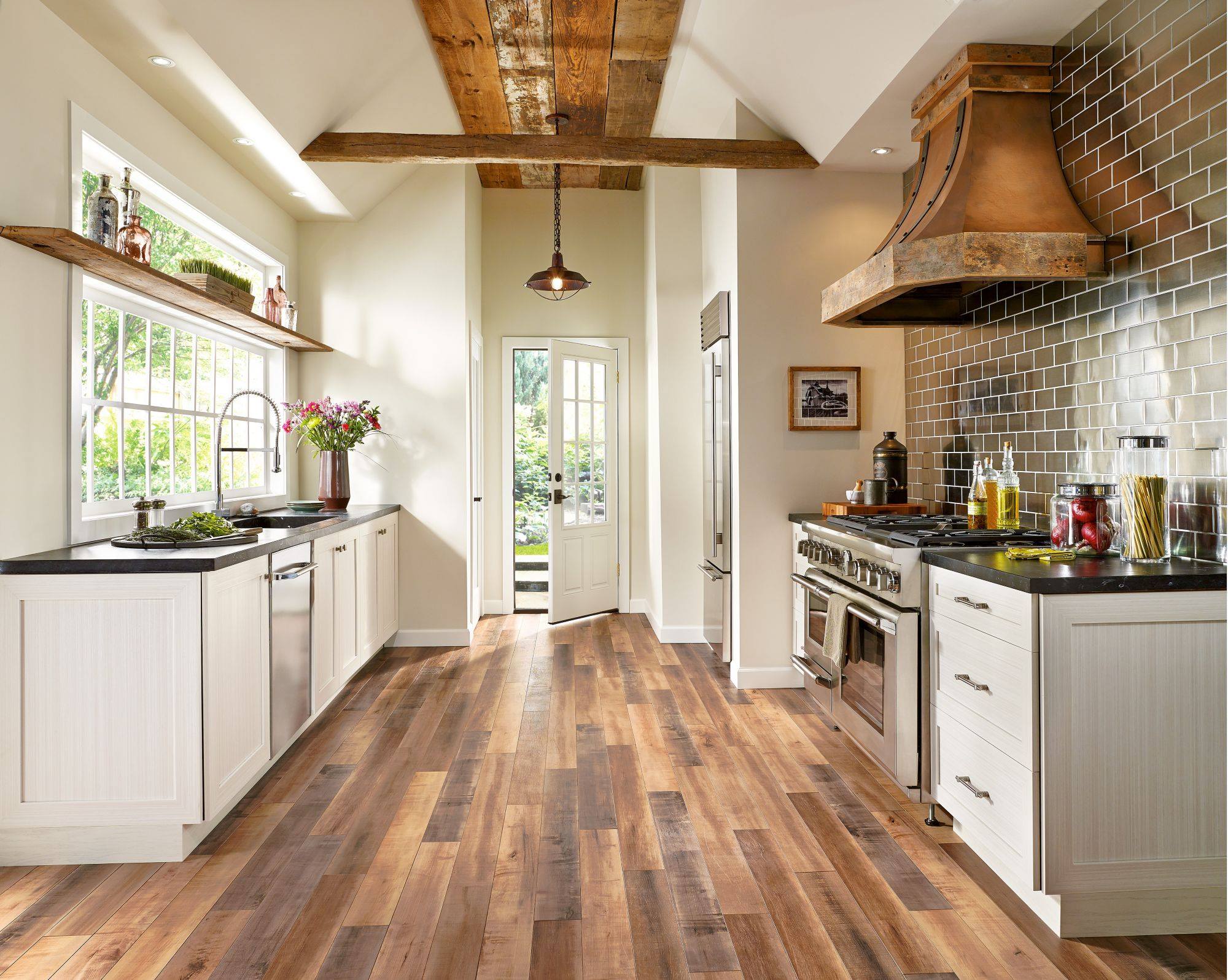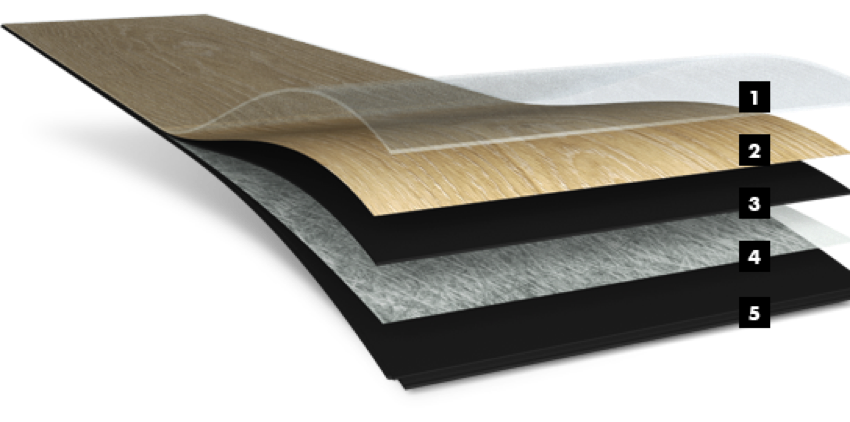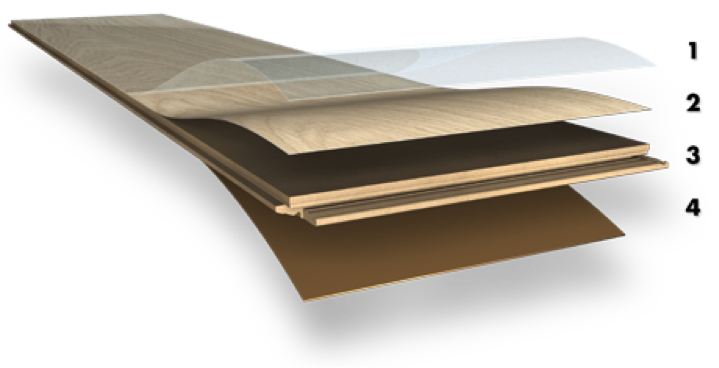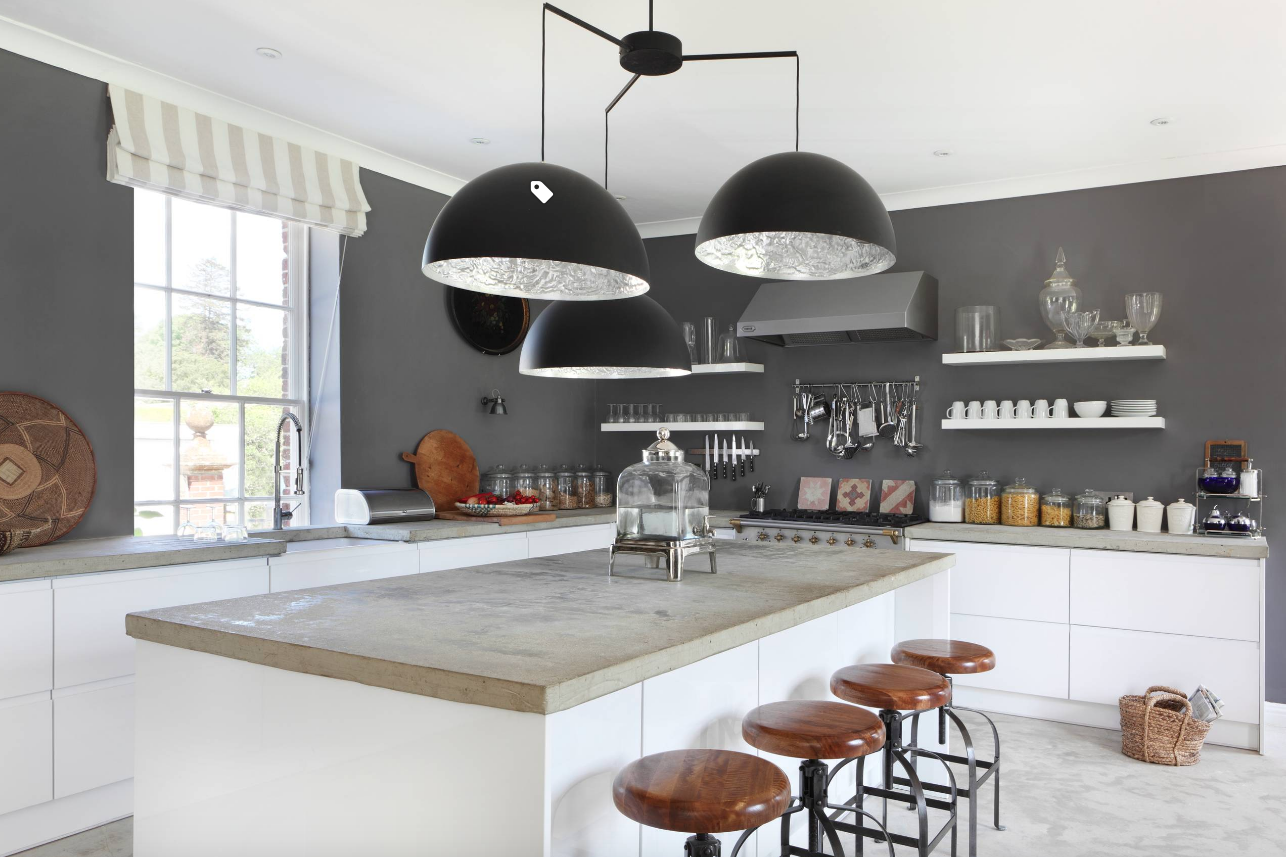What are the Differences Between Vinyl and Laminate Floors?

Thinking about changing your flooring? Here are are some differences between vinyl and laminate!

There are numerous flooring solutions available on the open market. Many of these boast a host of cost-effective advantages while simultaneously offering superior levels of durability. Two common options are vinyl and laminate flooring. It is interesting to note that many consumers tend to confuse these materials and yet, there are a handful of notable differences and amenities associated with each. Let us take a quick look at both in greater detail so that you will be able to make the most informed decision before tackling a domestic or commercial renovation.
The Characteristics of Vinyl Flooring

The typical vinyl floor is comprised of entirely synthetic materials. These normally include fibreglass, PVC and a substance known as a plasticiser. These materials are essentially formed into a durable “sandwich” that may or may not contain an additional surface layer of polyurethane for additional protection. Vinyl is often considered to represent a budget-friendly option and yet, there are numerous styles and designs to choose from.
You may also have the option of purchasing luxury vinyl flooring. The main difference is that these tiles are up to five millimetres thick (when compared to a standard thickness of 1.5 millimetres). Luxury solutions typically have a more authentic design and are often suited within areas associated with high levels of foot traffic. Some additional benefits associated with vinyl include:
- Vinyl can be installed within areas associated with high moisture levels such as kitchens and bathrooms.
- Modern vinyl flooring is completely waterproof.
- Vinyl is quite easy to clean and maintain.
Let us now take a look at how vinyl compared to laminate.
Laminate Flooring at a Glance

The first point to mention in reference to a laminate floor is that this variety is comprised of resin-bonded wood as opposed to synthetic materials. Laminate also tends to thicker than vinyl; ranging between six and 12 millimetres. This makes it another great option for areas that are subject to a high degree of foot traffic.In terms of overall aesthetic appeal, most experts agree that laminate is the best option. Some of the major benefits of laminate include:
- Laminate is thicker than vinyl.
- It is often the preferred option if you are looking to embrace a more natural appearance.
- Some laminate flooring warranties can last for up to 25 years (if maintained properly).
It is clear to see that there are benefits and drawbacks associated with each of these flooring solutions. This is why it is best to consult with a professional in order to determine which variant is best suited for your needs. Either way, expect to enjoy years of use and an unrivalled aesthetic edge due to modern technology.






Leave a Comment